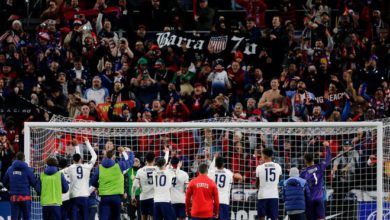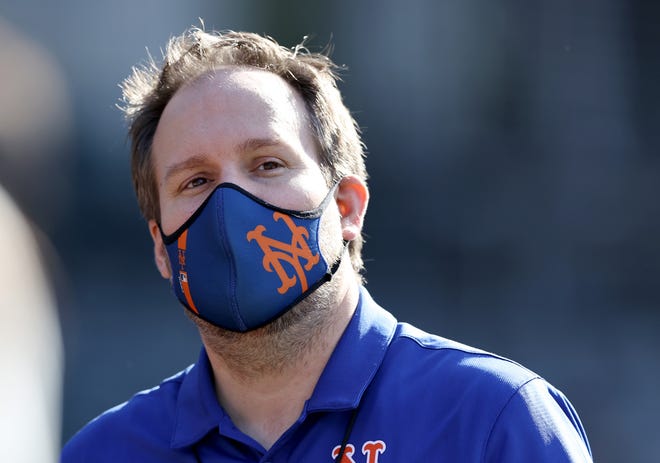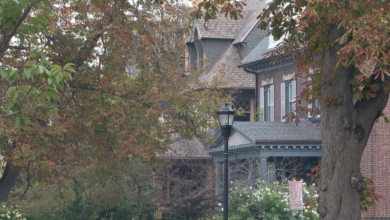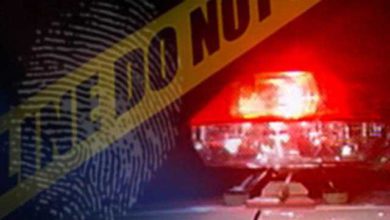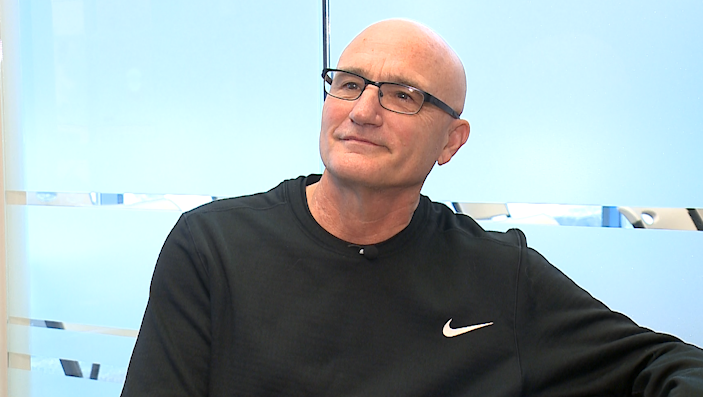

The Centers for Disease Control and Prevention recommends the third COVID-19 shot to improve people's response to the vaccine. But Dan Whithorn, 63, is back to square one. "You pin your hopes on it, you hope but when you've had two that didn't work," Whithorn said.Whithorn received his third dose of the COVID-19 vaccine in August. After getting the shot, he said, "Lord, I hope it works."It didn't work. After the two-shot vaccine and the third dose, Whithorn still has zero antibodies."I don't want to be sick," he said. "I don't want to go back in the hospital." In 2019, a very active Whithorn, who was a runner, thought he was healthy, until a weakened heart stopped him in his tracks and put him on the transplant list.In May 2020, he got a second chance with a new heart. However, those 30 anti-rejection meds he takes every day to keep the new heart beating block the effects of the vaccine.Contracting COVID-19, would break his heart, literally. "I only get one heart and I've been told that many times by ICU nurses and all the transplant people who look over me," he said.Whithorn spends a lot of time with his dog, stays close to family, masks up and avoids crowded places. "Those people need to continue to be very careful. It's also incumbent on the rest of us who are immunologically intact to help to have a protective bubble around them by ourselves getting vaccinated," said Dr. Mark Rupp, chief of the University of Nebraska Medical Center infectious disease division.Whithorn isn't giving up. He still has the hope that helped him through his darkest moments. He said he's much stronger now than he was 18 months ago. If approved, he'd go back for a fourth shot."It ties right into why get a COVID shot in the first place? Because it could work," he said."I don't have fear like some people have on what could happen because of a shot," Whithorn said. "What is more fearful would be as is if I got COVID with a new heart."Watch the full story in the video above.
The Centers for Disease Control and Prevention recommends the third COVID-19 shot to improve people's response to the vaccine.
But Dan Whithorn, 63, is back to square one.
"You pin your hopes on it, you hope but when you've had two that didn't work," Whithorn said.
Whithorn received his third dose of the COVID-19 vaccine in August.
After getting the shot, he said, "Lord, I hope it works."
It didn't work. After the two-shot vaccine and the third dose, Whithorn still has zero antibodies.
"I don't want to be sick," he said. "I don't want to go back in the hospital."
In 2019, a very active Whithorn, who was a runner, thought he was healthy, until a weakened heart stopped him in his tracks and put him on the transplant list.
In May 2020, he got a second chance with a new heart.
However, those 30 anti-rejection meds he takes every day to keep the new heart beating block the effects of the vaccine.
Contracting COVID-19, would break his heart, literally.
"I only get one heart and I've been told that many times by ICU nurses and all the transplant people who look over me," he said.
Whithorn spends a lot of time with his dog, stays close to family, masks up and avoids crowded places.
"Those people need to continue to be very careful. It's also incumbent on the rest of us who are immunologically intact to help to have a protective bubble around them by ourselves getting vaccinated," said Dr. Mark Rupp, chief of the University of Nebraska Medical Center infectious disease division.
Whithorn isn't giving up. He still has the hope that helped him through his darkest moments. He said he's much stronger now than he was 18 months ago. If approved, he'd go back for a fourth shot.
"It ties right into why get a COVID shot in the first place? Because it could work," he said.
"I don't have fear like some people have on what could happen because of a shot," Whithorn said. "What is more fearful would be as is if I got COVID with a new heart."
Watch the full story in the video above.
Source link


